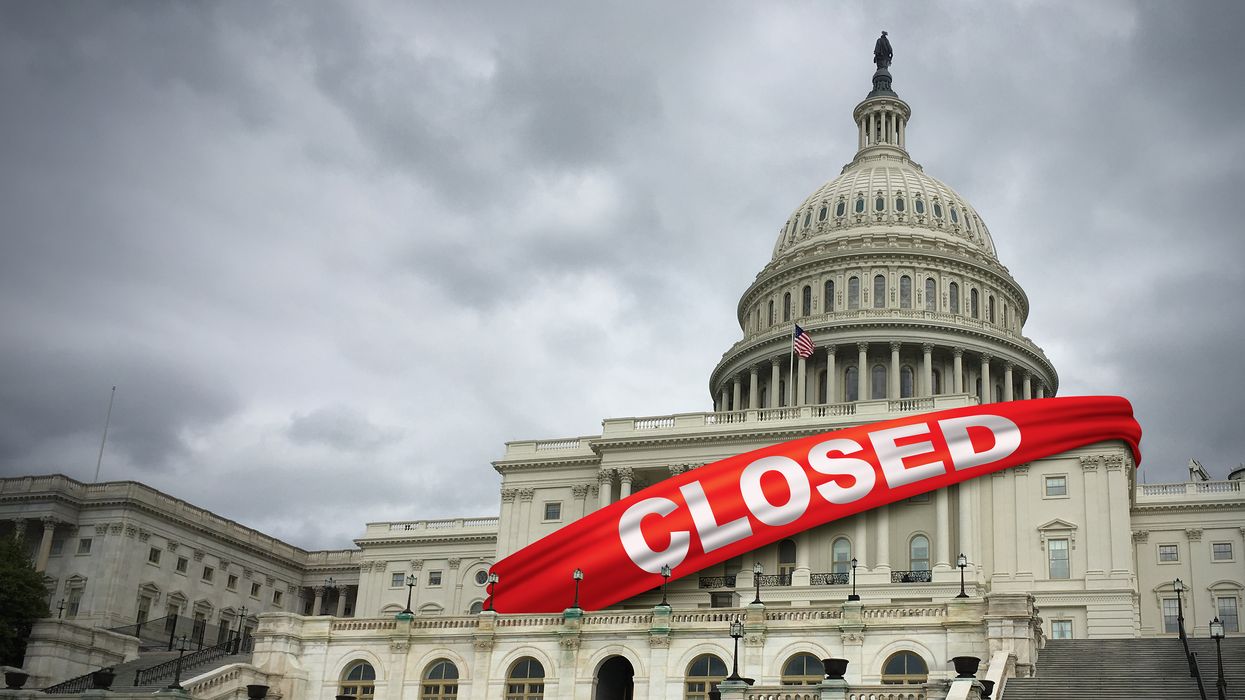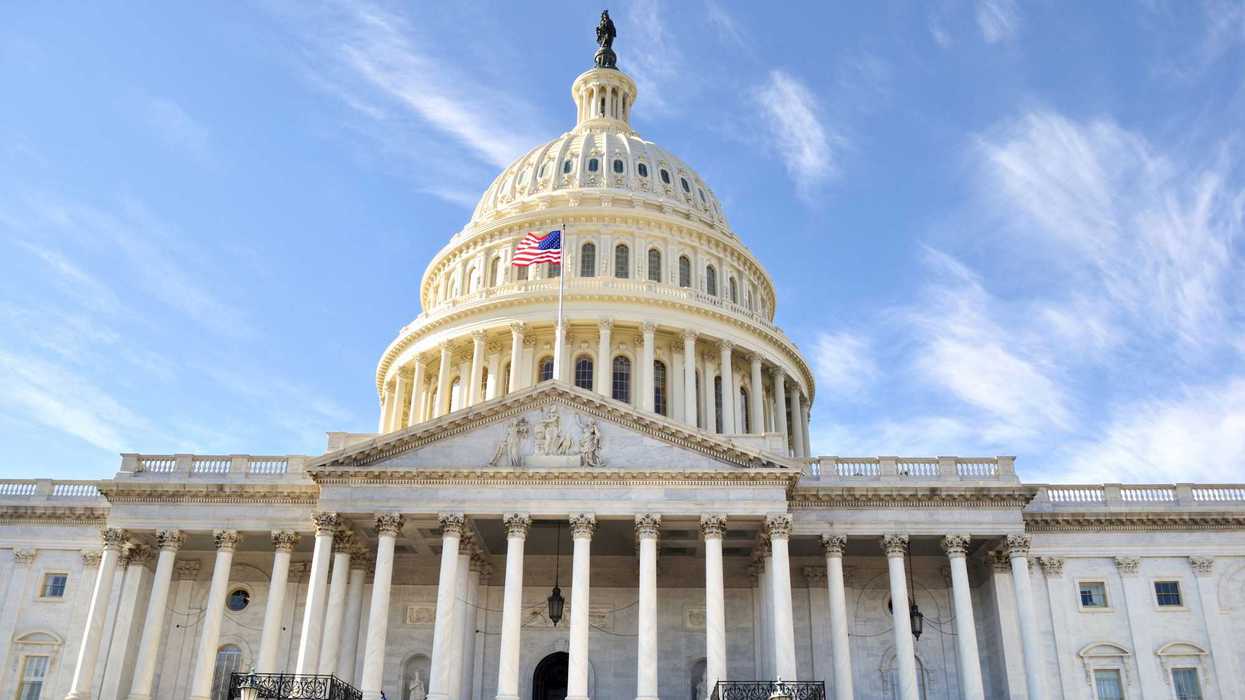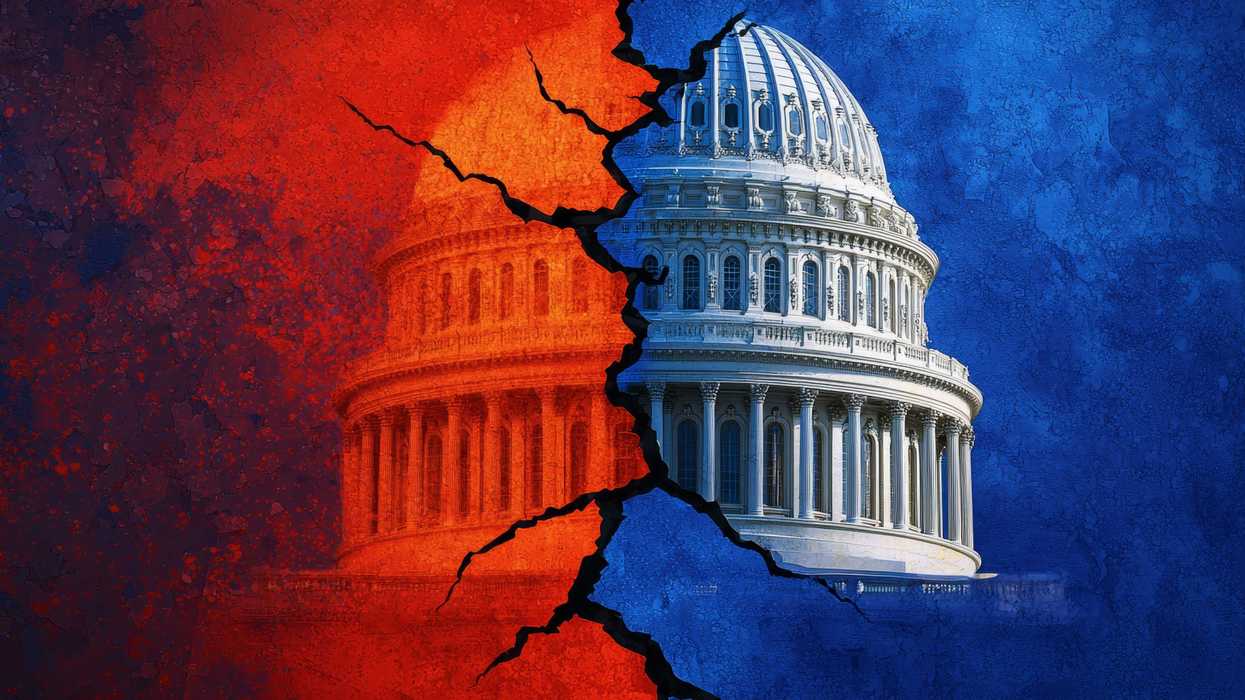Unsurprisingly, there has been maximum political theater from both sides of the aisle, leading up to and during the current government shutdown. Hopefully, by the time this is published, an agreement will be reached, and the parties can start working together to address the issues at hand. Military pay, safety issues surrounding air traffic control, Food Stamps (“SNAP”), and government health insurance benefits have been among the plot points during the spectacle.
As the drama intensified, we also heard talk of the “nuclear option” to end the Senate Filibuster that allows Senators to delay legislation by continuing to debate the issue. It was not until 1917 that the Senate passed rules allowing a separate vote to end debate. The rules require a super-majority (currently 60 of the 100 senators) to succeed. Filibusters were relatively rare until Senate rules made it easier to invoke and maintain them in the 1970s. You can argue that the Filibuster is inherently undemocratic, but the underlying spirit is to ensure that legislation has bipartisan support. Talk of eliminating the Filibuster – or significantly weakening it – is evidence of the extreme polarization we now endure in our national politics.
No matter how the shutdown ends, with or without a change to the Filibuster, both sides will certainly claim victory in the final act.
Three things you should know about me before reading my proposal. First, I did not vote for Trump or his Democratic Party opponents. I voted for the Libertarian Party nominees. Second, as a conservative-leaning libertarian, I would be happy to see a third or more of the government not just shut down but eliminated. Third, I have been opposed to the Affordable Care Act (“ACA” aka “Obamacare”) from the beginning, though I benefited from the tax credits for several years.
With that in mind, I suggest that Congress consider legislation to insulate certain “essential” workers and benefits from government funding shutdowns. This would take the form of a bill requiring the government to maintain certain functions, activities, and payments as currently legislated, even if Congressional failures led to a shutdown of the broader federal government. Think of this as a permanent Continuing Resolution for a subset of the federal government. Such a bill could consider the following:
First: A provision to acknowledge uniformed members of the military as essential and require that they are paid throughout any shutdown, regardless of the length. Seems to me the Republicans would have no problem with this. I like to think the Democrats would approve it as well. As an anti-war, peace through strength parent of two Marine veterans, I believe uniformed military personnel are essential workers. The fact that some military families qualify for SNAP or other welfare benefits is troubling enough. The fact that they might not be paid for the sake of political theater is obnoxious. I would never vote for someone who argued against this provision.
Second: A provision acknowledging that Air Traffic Controllers and the staff required to directly support air traffic control operations (but not the entire FAA) are essential workers and will be paid throughout any shutdown. Air transportation has a significant effect on economic activity. But more importantly, there are critical safety issues. The role is incredibly stressful. Increasing that stress by not paying them – and thereby reducing our safety – is abusive and idiotic. If the government expects them to work, they should be paid. If not, then shut the entire thing down and make everyone wait for their Amazon purchases to be delivered across the country by truck.
Third: A provision to continue SNAP and other welfare funding for up to six months during any government shutdown. I am fine with a minimal safety net, and while I might argue for lesser benefits in some programs and tighter qualification criteria, yanking these benefits from those who are truly dependent on them is not reasonable. No government shutdown has lasted even two months, so this would at least give the beneficiaries some time to prepare. It would be interesting to see how Congress would address this in a bipartisan manner and what programs they would include.
There are several issues the Democrats sought to leverage during the shutdown. One key issue is the end-of-year expiration of enhanced health insurance tax credits available under the Affordable Care Act. These enhancements were established in 2021 to deal with COVID issues and were originally set to expire at the end of 2022. They were extended by Congress through 2025 during the Biden administration. One could argue that the reset to pre-COVID subsidy levels should not be an issue. If such a reset would be as catastrophic as the Democrats claim, it is evidence that the underlying ACA framework has always been flawed. The catastrophe claims also prove the adage that once established, a government benefit is hard to eliminate or even reduce.
Despite the shutdown, ACA tax credits would have continued through the end of the year, but there was significant uncertainty about what would happen in 2026. Including these as a welfare benefit in my third provision above would ensure the subsidy remains available for those who qualify. Yes, the benefits would be reduced in accordance with current legislation, but there would be certainty in knowing those reduced benefits would continue.
Though I would approve the inclusion of the ACA in this proposal, even some Democrats acknowledge that it did not achieve the underlying goal of reducing healthcare costs. I still hope for the “repeal and replace” Republicans have long promised.
As usual, Congress is play-acting instead of doing its job. It would be nice if we could regularly refresh our representatives, get new ideas, and have them focused more on solutions and less on their political survival. Ah, term limits – a discussion for another day.
David Butler is a husband, father, grandfather, business executive, entrepreneur, and political observer.



















 Mayor Ravi Bhalla. Photo courtesy of the City of Hoboken
Mayor Ravi Bhalla. Photo courtesy of the City of Hoboken Washington Street rain garden. Photo courtesy of the City of Hoboken
Washington Street rain garden. Photo courtesy of the City of Hoboken
